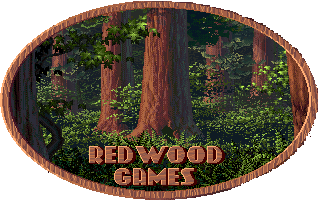 |
 |
They are no longer teaching math in the public schools. It's not just the homeschoolers who have noticed this but the scientists, mathematicians and engineers are concerned about what the new fad in math is doing to our children.
New, new math is shortchanging our students on essential techniques and skills, and it is actively frustrating and turning them off to math by giving them problems more suited to graduate students in number theory than average children learning arithmetic and algebra.
They're doing this in the name of "discovery mathematics".
But think about it. Archimedes, who discovered principle of similar triangles, was the type of genius who is born maybe once every millenium Should we expect ALL our children to "discover" these things themselves? Or is it more realistic for us to realize that most of them will not be geniuses in the class with Archimedes; explain Archimedes proof; and let their creativity be expressed in applying the principle to various problems?
Math can be difficult and frustrating or it can be simple, easy and fun. I urge you to choose the simple, easy and fun course and teach your children arithmetic basics, techniques and good, solid, traditional math. Recognize that your child's reasoning ability does not mature until about age 10-12 but that their memorization abilities are great at younger ages. Use that to instill the patterns they'll need in higher math at the younger age.And don't believe the mathematically ignorant people who tell you that kids don't need to memorize their number facts. I've studied 2 years of math beyond calculus and I assure you that it would have been impossible for me to learn algebra, calculus and vector analysis without a firm grasp of the times tables!
Almost all the frustration that kids experience from mathematics comes from one of three causes:
If you are not convinced I urge you to take a look at what scientists and mathematicians are saying about this approach over at the Home of the Mathematically Correct.
I'm going to recommend Saxon math (although I've heard good things about Abeka too). However, when John Saxon tells you "Don't skip a single problem", you need to use your own judgement. Yes, kids need to review. Yes, they need lots and lots of practice. But if your child grasps the concepts quickly and demonstrates a solid understanding of a type of problem, don't bore him/her to death by over-practice. This is your child and you are in the best position to determine his or her needs. You'll want to balance having enough practice for solid understanding with the need for kids to be learning new ideas and staying challenged and interested. Done right, math is no different than mastering the moves in a video game...and just as much fun.
And speaking of fun - my kids love the Key Curriculum workbooks. They're cheap and the kids write into the books. The explanations are so simple that anyone can learn algebra, geometry, percents, measurement, or fractions.
But you don't need to spend $50 on a math text if you have access to used books stores that have texts. Arithmetic (addition through calculus) hasn't changed much in the last 200 years so you don't need to buy an expensive text when you can get an older (and perhaps better one) for a few dollars. When you get up to algebra and beyond, take a look at the used college texts. They're often more concise and less distracting than those designed for highschool. The key is to leaf through the book and check whether it makes sense to you. If it is too long-winded and complicated, don't buy it.
Resources: